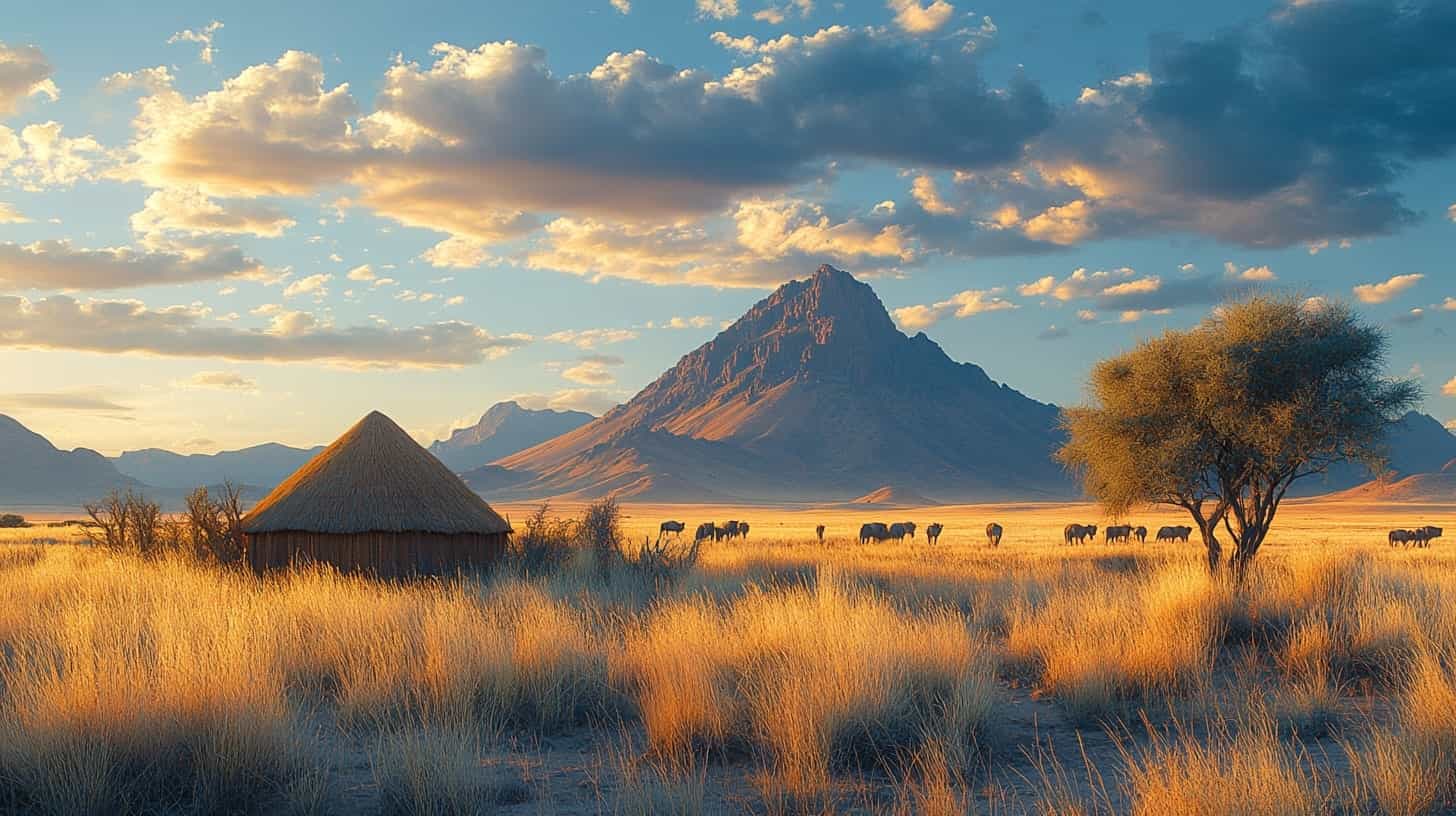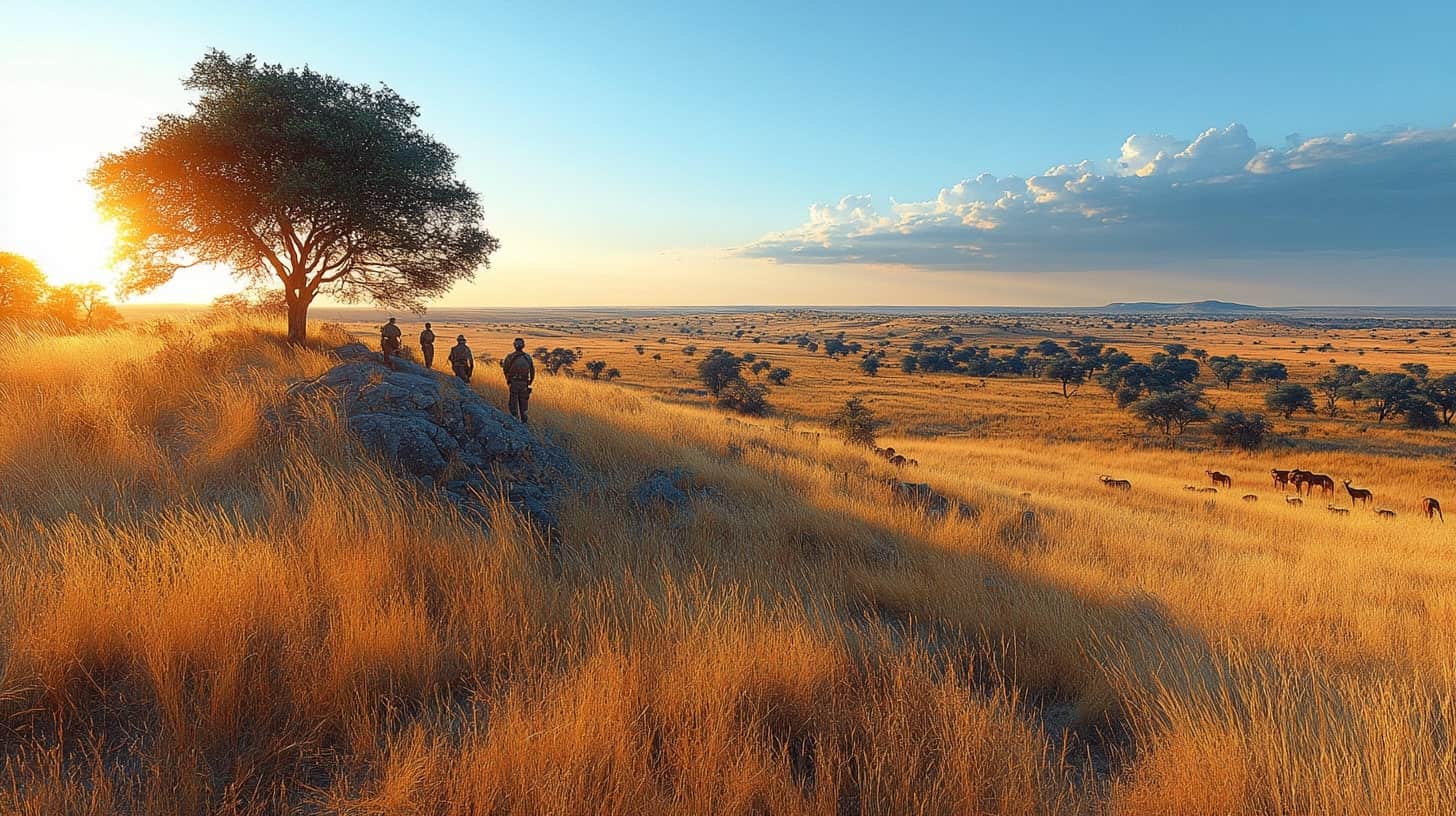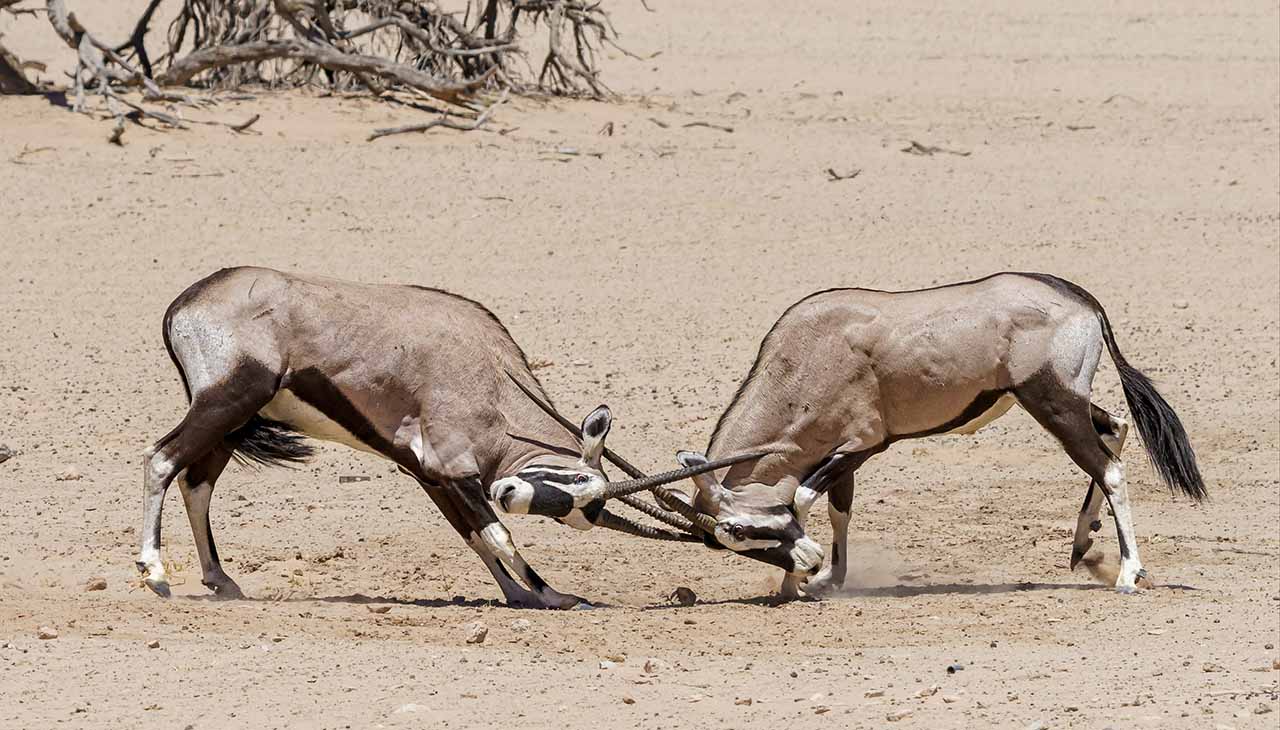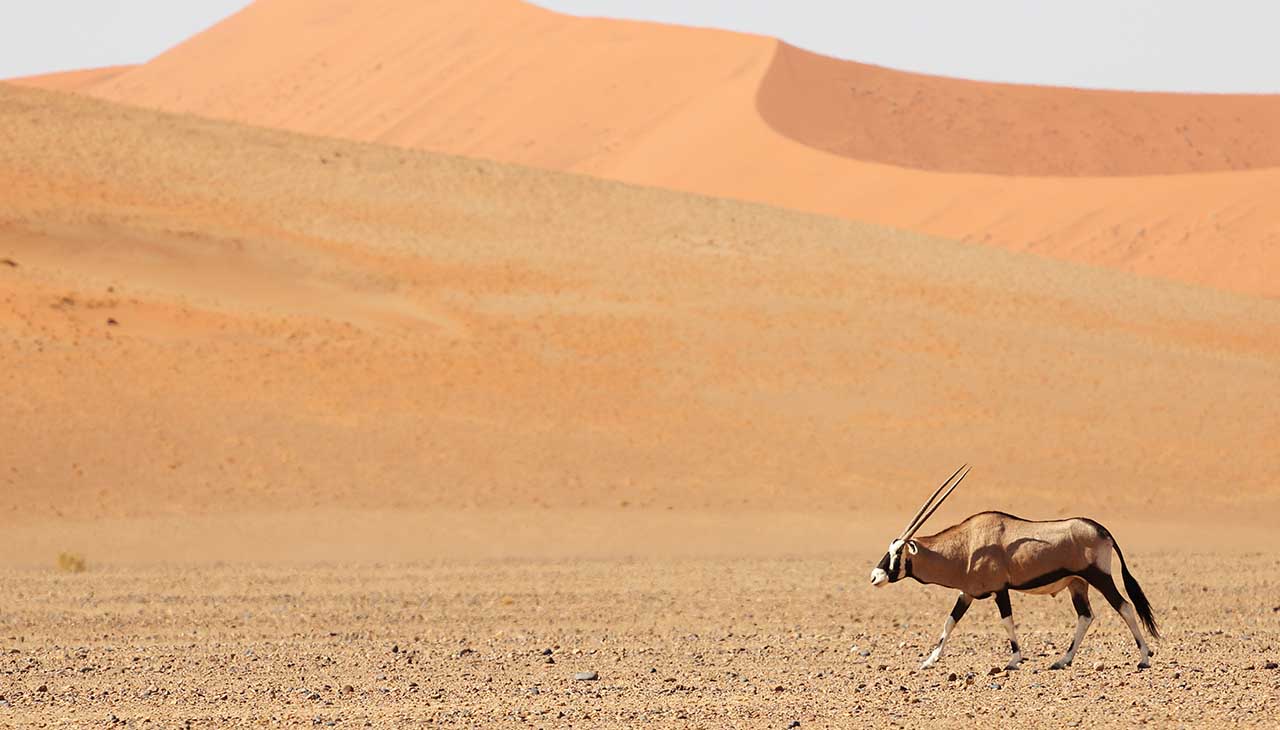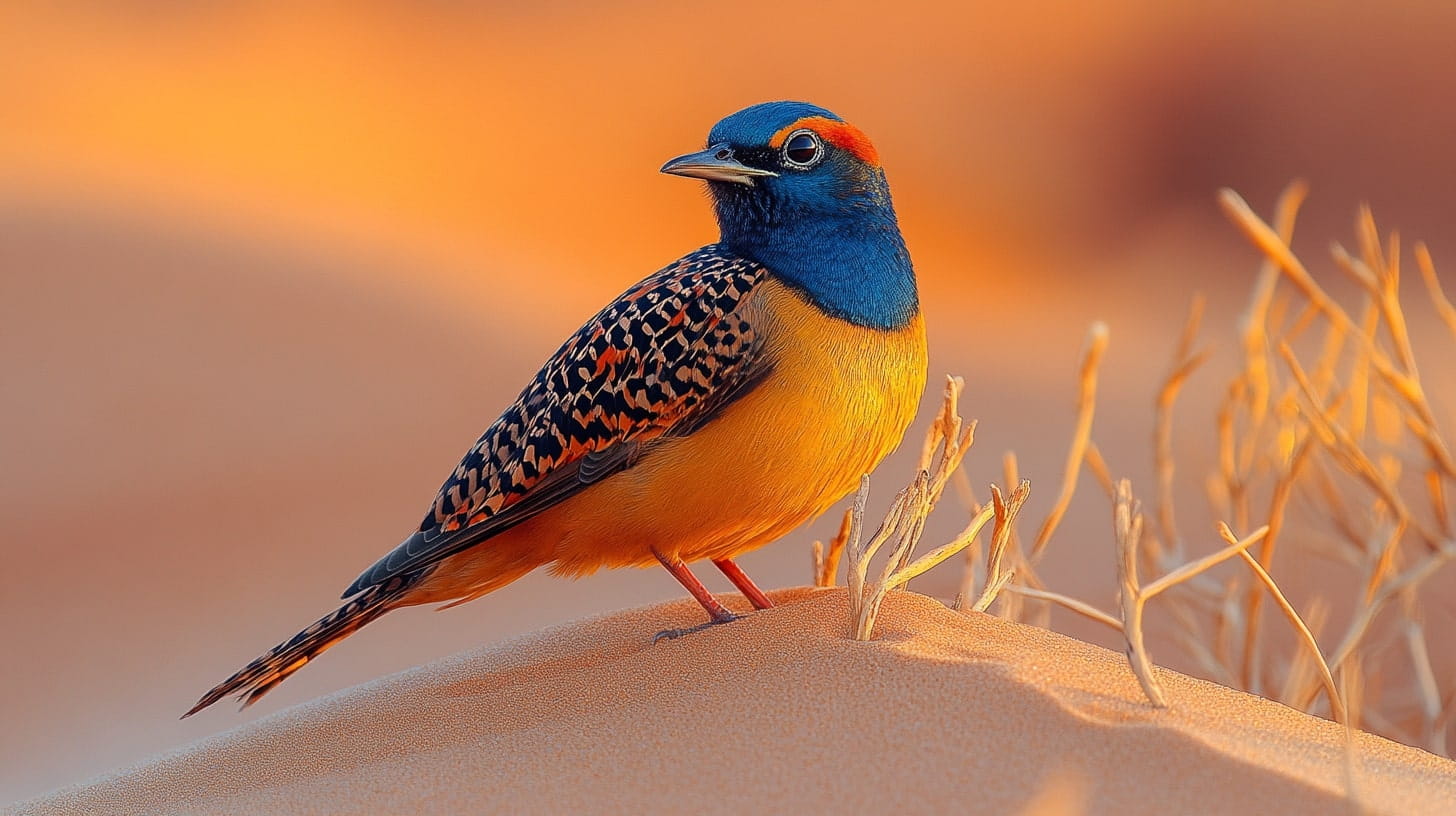
The vast, sun-drenched expanses of Africa’s deserts are not only home to an array of magnificent landscapes but also a haven for unique bird species. For hunters and nature enthusiasts alike, the thrill of tracking and observing desert birds amidst the rugged beauty of the wilderness is a captivating experience. This article delves into the excitement, challenges, and rewards of desert bird hunting, offering insights into the species, techniques, and destinations that make this a one-of-a-kind safari adventure.
A World of Unique Species
Africa’s deserts, including the Kalahari and Namib, are home to a diverse range of bird species that have adapted to survive in extreme conditions. From the strikingly beautiful Namaqua sandgrouse to the elusive red-billed quelea, these birds are a testament to nature’s resilience and adaptability.
- Namaqua Sandgrouse: Known for their intricate feather patterns and unique ability to carry water in their breast feathers for their chicks, these birds are a highlight for hunters.
- Bustards and Korhaans: These large, ground-dwelling birds are often found in the open desert plains. Their size and behavior make them a prized target for experienced hunters.
- Larks and Sparrows: While smaller and more challenging to hunt, these birds add a dynamic element to the experience, requiring keen eyesight and quick reflexes.
The vibrant plumage and elusive nature of these birds make them a visual and technical challenge, adding to the overall allure of the hunt.
Preparing for the Hunt
Desert bird hunting requires meticulous preparation. The environment, while breathtaking, can be unforgiving, and success hinges on understanding the terrain, species, and proper equipment.
Clothing and Gear
Lightweight, breathable clothing is essential to combat the desert heat, while neutral tones help blend into the environment. A quality pair of binoculars is indispensable for spotting birds at a distance, and a reliable shotgun with appropriate ammunition ensures a successful hunt.
Guides and Local Expertise
Hiring a knowledgeable guide familiar with the terrain and bird behavior can significantly enhance the experience. Many safari companies, such as Kalahari Hunting Safaris, provide expert-led tours tailored to bird hunting, ensuring both safety and success.
Timing Is Everything
Bird activity in the desert peaks during early mornings and late afternoons when temperatures are cooler. Planning your hunt during these hours not only improves your chances but also allows you to enjoy the mesmerizing light and colors of the desert landscape.
The Thrill of the Chase
The essence of desert bird hunting lies in the pursuit. Unlike static hunting experiences, desert hunting is dynamic, requiring patience, precision, and adaptability.
Tracking birds across the shifting sands and sparse vegetation is a test of skill and strategy. Their exceptional camouflage and flight speed demand sharp observation and quick reflexes. For hunters, every successful shot is not just a testament to skill but also a connection to the primal aspects of survival and nature.
Beyond the hunt, observing these birds in their natural habitat is an experience in itself. Watching a flock of sandgrouse descend on a remote waterhole or hearing the distinct calls of korhaans at dawn is a reminder of the desert’s vibrant yet fragile ecosystem.
Ethics and Conservation
Hunting in Africa’s deserts is deeply intertwined with conservation efforts. Many hunting safaris operate under strict regulations to ensure the sustainability of bird populations and the preservation of their habitats.
- Licensing and Permits: Responsible hunting begins with adhering to local laws and obtaining the necessary permits.
- Sustainable Practices: Ethical hunters take care to target only permitted species and avoid overharvesting.
- Supporting Local Communities: Many hunting expeditions contribute to the economic development of rural areas, providing funding for conservation and community projects.
By practicing ethical hunting, participants play a role in preserving the delicate balance of the desert ecosystem, ensuring future generations can enjoy the same experiences.
Capturing the Beauty
One of the most rewarding aspects of desert bird hunting is the opportunity to witness and capture the stark beauty of the environment and its avian inhabitants.
For photography enthusiasts, the desert provides a stunning backdrop of golden dunes, blue skies, and dramatic sunsets. Birds like the Namaqua sandgrouse, with their intricate feather patterns, or the korhaan, with its elegant stride, make for striking subjects.
To capture these moments:
- Use a telephoto lens to photograph birds without disturbing them.
- Shoot during the golden hours of sunrise and sunset for softer light and vivid colors.
- Take the time to observe and understand the behavior of your subjects to anticipate their movements and interactions.
These images not only serve as lasting memories of the safari but also highlight the unique beauty of the desert and its wildlife.
Planning Your Desert Bird Safari
Embarking on a desert bird hunting safari requires careful planning. Choosing the right destination and outfitter is crucial to ensuring a safe, enjoyable, and rewarding experience.
- Top Destinations: The Kalahari Desert in southern Africa is a premier location, offering a mix of accessible terrain and diverse bird species. Namibia’s vast desert landscapes are another excellent option, known for their breathtaking scenery and rich wildlife.
- Reputable Outfitters: Companies like Kalahari Hunting Safaris specialize in desert hunts, providing expert guides, comfortable accommodations, and comprehensive support for both novice and experienced hunters.
- Seasonal Considerations: The best time for bird hunting in the desert is during cooler months, typically from April to August. These periods coincide with the dry season, when bird activity around waterholes is at its peak.
Conclusion
Desert bird hunting is more than a sport—it’s an adventure that combines the thrill of the chase with the serenity of nature. The stark beauty of Africa’s deserts, coupled with the challenge of pursuing unique bird species, makes this a truly unforgettable experience.
For those seeking an authentic safari, complete with expert guides, conservation-minded practices, and the chance to witness some of nature’s most extraordinary birds, there’s no better choice than a desert bird hunting expedition. Whether you’re a seasoned hunter or a curious beginner, the deserts of Africa offer a world of wonder waiting to be explored.
